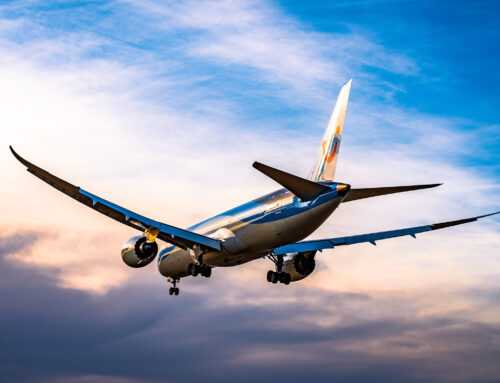South America and Central America
Central and South America are magical destinations due to their rich biodiversity. However, at the borders in Central and South America it is likely that you’ll be asked to show a yellow fever certificate. So it’s important to make sure you’re up to date will all your travel vaccinations before you fly.
Whether you’re visiting the Amazon basin, the cold Patagonian Desert, and the Andes, the world’s longest continental mountain range, Central and South America has a lot to offer both tourists and business travellers. You can tour volcanoes and, if you’re feeling brave, dive into sinkholes formed by the meteor that wiped out the dinosaurs.
Central and South America are rich in cultural experiences, from ruined Mayan temples in Belize to flamboyant carnivals in Brazil.
What vaccinations do I need to get before travelling to Central and South America?
There is a risk of several unpleasant and dangerous illnesses in Central and South America, so you should take precautions, including getting vaccinations where necessary.
It is likely that you’ll have to show a yellow fever certificate, proof of vaccination against this mosquito-borne disease ye
In South America, will I be exposed to food- and water-borne diseases?
In South and Central America, you may be exposed to pathogenic organisms through food. Typhoid and hepatitis A vaccinations are available to travellers and will improve your protection from two common food-borne illnesses. However, you should support this by following standard traveller food safety precautions. Consume only hot and fresh food, for example. Unless you can peel it yourself, raw food should be avoided. See our article on Food-borne diseases for more information.
Only drink water that you know is safe. Factory-sealed bottles or water that has been treated are acceptable. Drinks with ice should be avoided because freezing does not kill disease-causing organisms. See our article on Water-borne diseases for more information.
There is a risk of contracting schistosomiasis in some areas (bilharzia). To avoid schistosomiasis, avoid swimming or showering in untreated fresh water (such as rivers and lakes). More information on schistosomiasis can be found on the NHS Fit for Travel website.
Is there a chance I’ll get acute mountain sickness in Central or South America?
If you visit areas of South America that are above 2,400m, you should be aware of acute mountain sickness (altitude sickness). Your travel health adviser can provide advice about altitude sickness, and there is some information in our article on health at altitude.
Is rabies present in South and Central America?
Rabies, which is spread by animal bites, licks, and scratches, occurs in South and Central America. When you come for your travel health appointment your travel health adviser can advise you on whether you need to be immunised against this fatal disease.
Can I get malaria in Central or South America?
Malaria is common in Central and South America, so consult a travel health nurse before you go to see if you need antimalarial medication. There are other mosquito-borne diseases in the area, such as Zika, Dengue fever, and Chikungunya, so avoid mosquito bites. More information can be found in our mosquito avoidance article.
Should I get a yellow fever vaccination before travelling to Central or South America?
Yellow fever transmission is possible in parts of South and Central America. In some cases, this mosquito-borne disease can be fatal. Stamaril, a vaccine, is available and provides good immunity. When you get vaccinated against yellow fever at an approved yellow fever vaccination centre, you’ll get a yellow fever certificate to prove you are fully vaccinated.
What other vaccines do I need for a trip to South or Central America?
Diphtheria and tetanus boosters may be required, and a hepatitis B shot may be recommended depending on your plans in Central or South America.
Make an appointment with us to get your travel shots. With their convenient city-centre locations there is bound to be one of our travel clinics near you.




